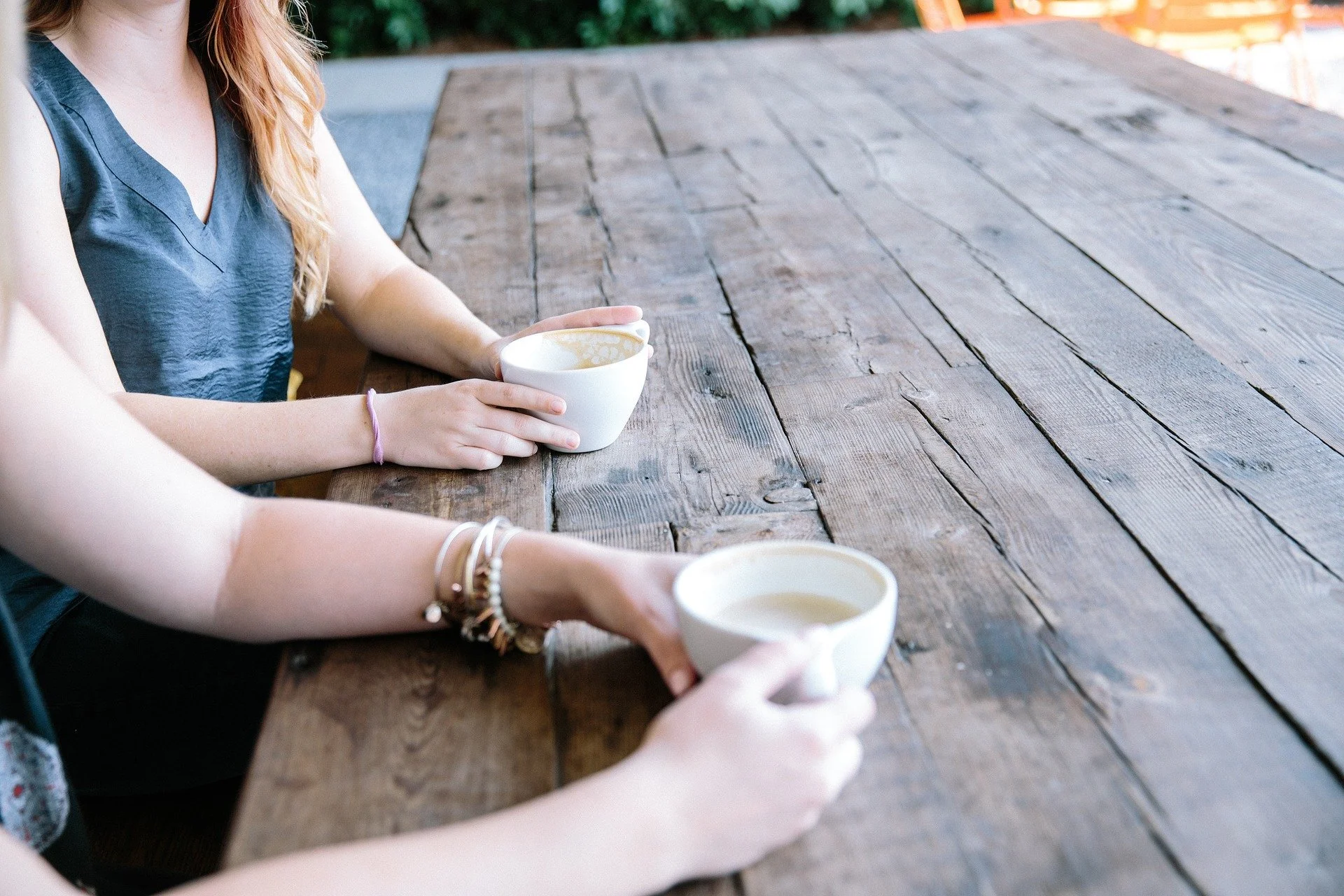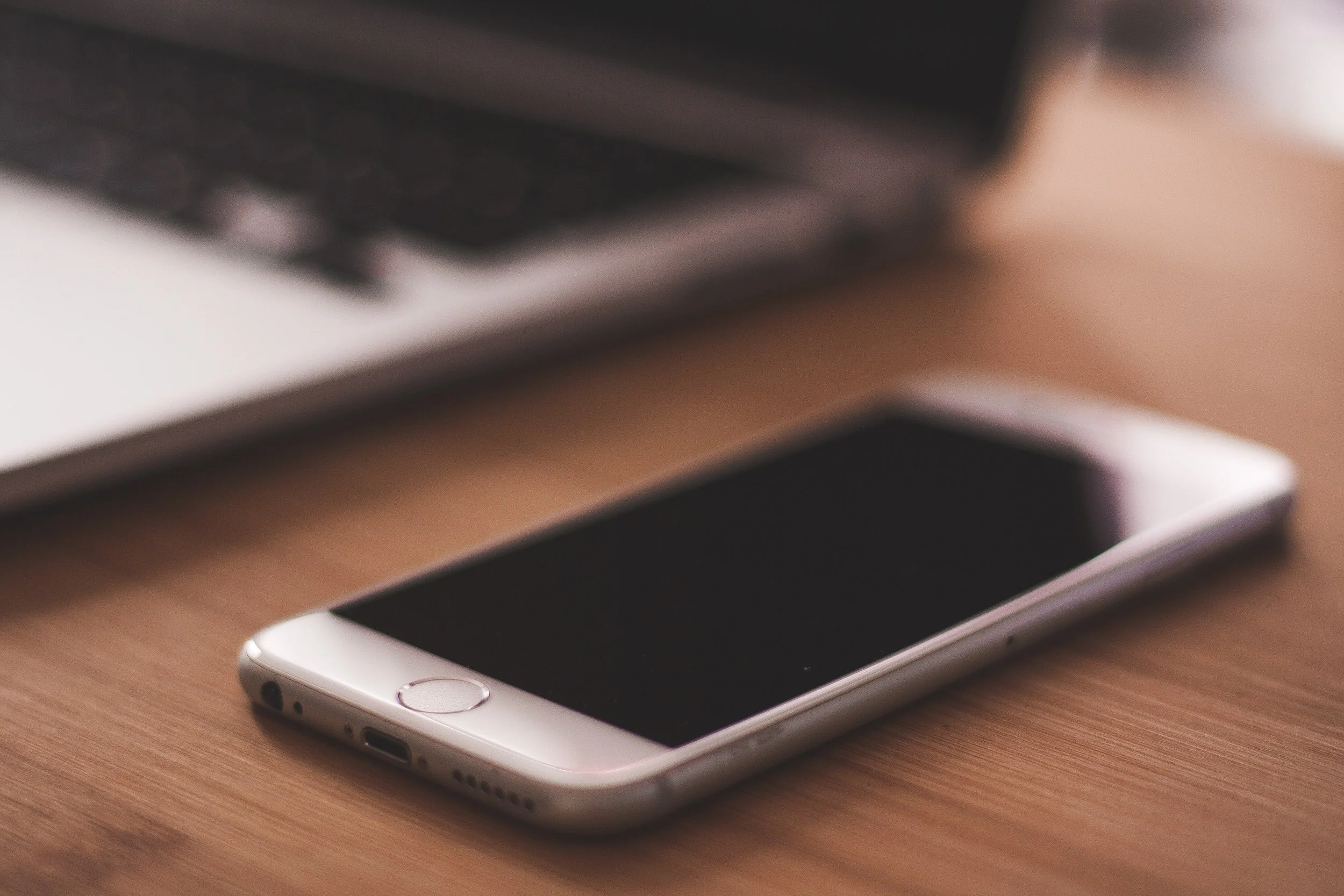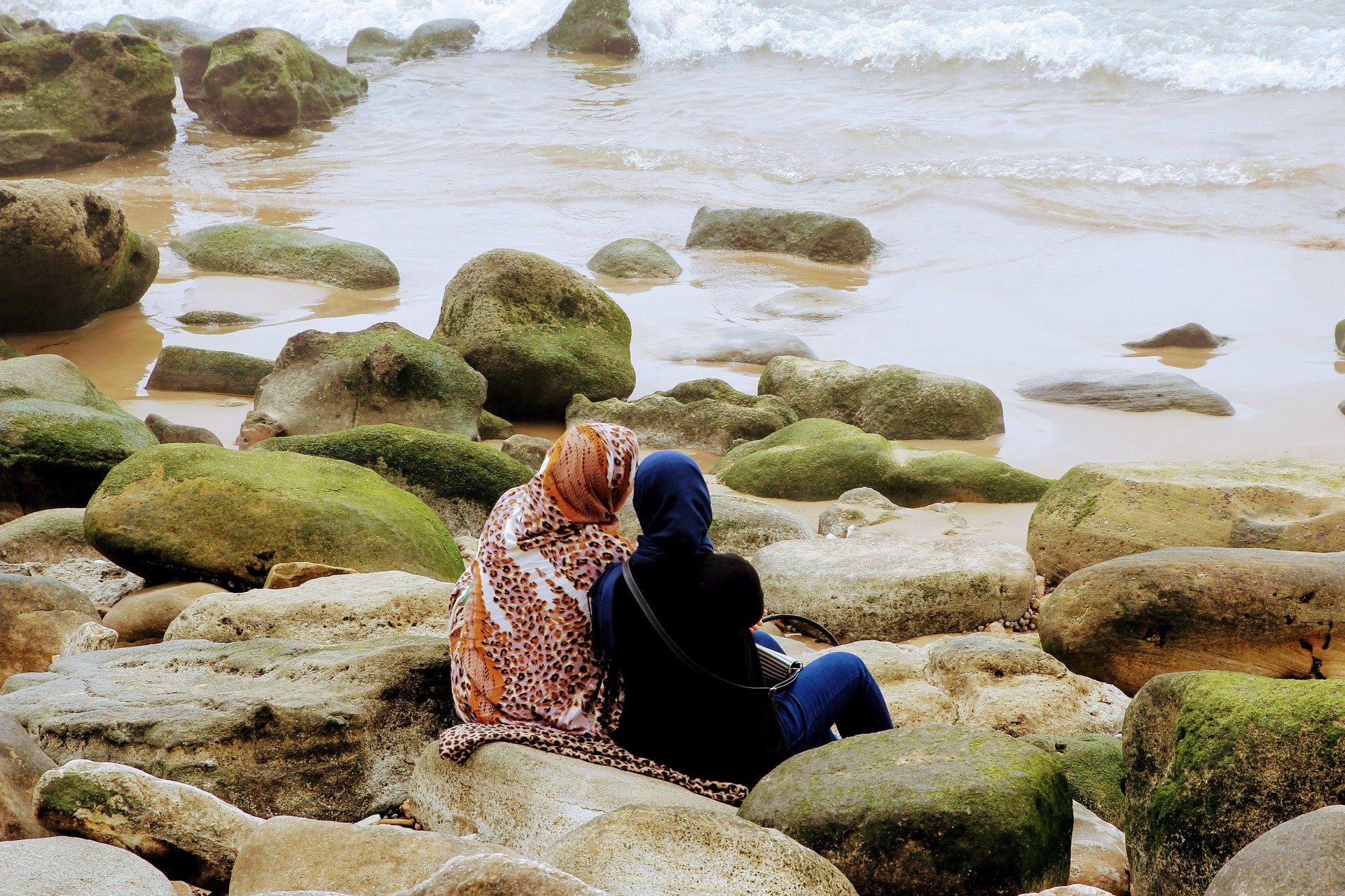Keeping Safe
If you or your family are in immediate danger please call the police on 999 (if you can’t speak, cough or tap the handset then press 55 on your phone - the police will know it’s an emergency)
In a non-emergency situation you can call Kent police on 101.
For non-emergency support and safety planning:
call oasis’s east kent and Medway helpline:
0800 917 9948
Mon, Tue, Thu, Fri 9am - 4.30pm
Or email helpline@oasisdaservice.org
(if it’s safe to do so)
For 24/7 support call the national helpline
0808 2000 247
DROP INTO A ONE STOP SHOP
One Stop Shop is a free and confidential advice service.
You can meet a range of professionals virtually or face-to-face that will be able to give you free, confidential advice about your situation. This is often the best place to start getting help and will enable you to seek advice about possible legal protection, housing, benefits, family support, and to make an informed decision about your future.
OASIS’S ONE STOP SHOP SHOPS
EAST KENT (THANET AND DOVER) VIRTUAL ONE STOP SHOP
This is currently a virtual service, running during these days and times:
Monday – Thursday 10:00am to 12:00pm
Call: 07856856278
Email: EastKent1SS@gmail.com
An administrator will take your call or email and arrange for an appropriate professional to get back to you by 12:00 that day.
MEDWAY
Sunlight Centre, 105 Richmond Road, Gillingham ME7 1LX
Every Tuesday 9.30 - 11.30am
Masks and hand sanitisers are available, social distancing is followed.
There are One Stop Shops all over Kent and Medway – you can find the one closest to you by visiting www.domesticabuseservices.org.uk.
Making a safety plan
Thinking about, or making, a plan to leave your situation can be scary and hard. There may be an increased risk of harm from your partner if they suspect you are making plans.
It is therefore important that you plan what you will do, where you will go and who you should tell.
A safety plan helps you plan in advance for the possibility of future violence and abuse. It also helps you to think about how you can increase your safety either within the relationship, or if you decide to leave.
Below are steps you can take to protect yourself and your children in the event of further violence or abuse.
If you are still in the relationship:
Tell someone you trust what is going on - a friend, colleague or trusted family member
Teach your children how to call 999 and how to ask for help
Arrange a safe place to go in case you need to leave suddenly
Consider purchasing a pay-as-you-go phone and hiding it in case you need it in an emergency
Make several copies of important papers. Give one copy to a trusted friend or leave them at work
Proof of your identity – driving license, passport, birth certificates
Financial/insurance information
Benefit books or letters
Court orders
Make extra sets of important keys and hide them where you can get them if you need to, for example: leave a spare set of car keys with a friend.
Prepare a bag of essentials for yourself and your children. Clothing, medications, and documents. Hide the bag where you can get it in a hurry if you need to leave quickly.
Practice how you would leave home safely in an emergency
Use ‘Incognito’ mode in your browser or use the Exit or back button when using this or other domestic abuse websites so that it does not show on your internet history
Look at our Digital safety information on how to protect your footprint on the internet, your mobile phone, and on social media
Trust your own instincts, they are very likely to be correct
If you decide to leave:
There may come a time when you decide you need to leave the relationship. If this time comes it is important to know that there may be an increased risk of harm from your partner if they suspect your plans. It is therefore important that you have a safety plan.
Plan to leave the house when your partner is out, ideally for some time
Take your children with you and consider informing someone at the School of the situation
Try to take the essentials mentioned above with you, including documentation for yourself and your children
Take something both yourself and your children care about (toys, photos or other items)
Tell someone you trust your plans
Change the privacy settings and location service on your phone or consider changing your number
If you have not already done so, you can call a specialist service like Oasis for advice
If you are concerned about your relationship please talk to the police, attend your local One Stop Shop or call our helpline on 0800 917 9948. This will enable you to seek advice about possible legal protection, housing, benefits, family support and make an informed decision about your future.
Oasis Services you can use
Safe accommodation and Refuge
Projects
Keeping safe online
Get help to stay safe online, identify risks and work to minimise and manage any that apply to you - look at the detailed Digital Stalking information we’ve put together.
Cover your tracks online
To minimise the chance of someone knowing you have visited this website and digital stalking, use our safety information below:
Use the internet at a local library, friend’s house, or at work, if possible.
Use a password on your computer and phone, and don’t disclose it to anyone.
Use “Private Browsing" or "Incognito" windows to view information online that you do not wish to have stored on your internet history. This won’t stop online services from seeing what you get up to, but it won’t leave any traces of your activity on your computer (no history, web cache or anything else) and so it’s always a useful first step to take.
Deleting your browsing history - for Internet Explorer and Firefox hold down the Ctrl key on the keyboard, then press the H key (Ctrl, Alt and H for Opera). Find any entries that say www.oasisdaservice.org.uk, right click and choose Delete. For Google Chrome, go to the three dots in the top right of the toolbar, select ‘Settings’ and go to ‘Clear browsing data’
Install free antispy software for your computer -
Windows www.windows.microsoft.com/en-US/windows7/products/features/windows-defender.
Apple Mac www.avg.com/gb-en/avg-antivirus-for-mac which is also free and easy to use.
Always log out
Remove mobile spyware from your phone and disable geolocation tracking and geotagging (and on any social media platforms you use)
Set privacy settings on your social media channels and instant messaging apps - follow our detailed advice here.
Please note that this safety information may not completely hide your tracks. Many browser types have features that display recently visited sites. There is also spyware that can be used more secretly to track your activity.
Exit site button
The green Exit Site button on the right of the Oasis website will quickly hide the page but you will still need to delete your history fully to cover your tracks.
Full guidance can be found on our Keeping safe page.
Signposting victims to safety
Victims often don’t realise that what they’re experiencing is abuse, and it can take time for them to take steps to leave the situation. Supporting a friend or relative who is experiencing abuse can be daunting, from knowing the “right way to ask” to signposting them to safety.
Here are some suggestions if you are worried about someone you know:
Don’t be afraid – ask kindly but directly “are you ok? Are you being harmed in some way?” Remember that you care enough to ask
Use supportive language and questioning, for example “Is everything ok?”, “I’m worried about you?”
Gently reflect back “How did that make you feel?” “That’s unusual, that must have really upset you” “You don’t deserve to be treated that way”
Validate the situation - “I can’t imagine there is anything you would have said or done to warrant that behaviour”
Don’t judge, don’t push for information. It can take time for someone to disclose and be ready to leave. Just be there. Be patient, go at their pace.
Ask what they need from you to help them – once someone has disclosed that they’re experiencing abuse, find out where your local services are and signpost how they can contact them. Consent is important. Remember to look after yourself too.
Keep safety information to hand - on your phone, use our QR code keyrings [add pic], in a notebook.
Let the person know that they are not alone and give them resources and numbers they can call.
Offer to help draft their questions and talking points or even visit a One Stop Shop drop in centre together. Practical help, like babysitting children while the victim goes to an appointment, can be a big help and gives them back some control.
The person experiencing the abuse needs to refer themselves for help, or be referred by a professional service. You cannot make a referral on their behalf.
So it’s important that you have information of who to get in touch with, for them to make that first step.
“If you suspect that someone you know is suffering abuse, be ready to give them support when the time is right. It is hard to ask for help, but you need professionals to step in.”





